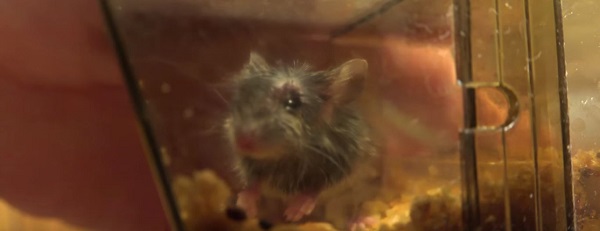Rodents are very diverse in the mammal order. There are very many species that fit into the category. Rodents
are found in all parts of the world with the exception of Antarctica. Rodents are able to adapt in different
habitats, and that is why they thrive in all places. The rodents are actually quite social and their reproductive
potential is rather high. This is why their populations rise so fast, especially when there are favorable
conditions.

Mice are some of the rodents that have been able to adapt to human environments due to benefits such as shelter and food.
These are very serious pests in the food supply chain and also to human health. This is because they are attracted to areas
where food is stored and the places we work.
People get weary when they spot a mouse in their homes or the surroundings because in most cases they are associated with parasites
and diseases. People also know that mice can possibly bite or cause scratches when cornered. Handling mice also puts the handler at
risk since a bite or a scratch can occur, and if the mouse is already infected by a disease, the human can get it.
While it is true that mice do carry diseases, not all mice are sick. There are some ways in which one can tell whether a mouse is sick
or not. Mice are very playful in nature and if one seems awfully quite, something may be up. You may notice a mouse that is sluggish and
without much activity at all. This may be a negative sign and it may actually be an indication that the mouse is sick. Handling such a mouse
should be done with great precaution since these diseases can be transmitted to the humans and other animals.
Sometimes a mouse may have a rugged coat that may be out of the normal. This may also be an indication of disease in the mouse. You may also
notice visible lesions or cuts on the coat of the animal, and this should be taken as a warning sign that all isn’t well.
Another indication of a sick mouse, especially for those kept as pets, is irregular feeding behavior or refusal to feed at all. If you notice
irregular patterns, you should take the necessary precautions. Loose stool may also indicate an infection in mice.
It is important to appreciate the fact that diseases and pests that are carried by mice can have a negative impact on our health. This is because
they can be very easily transmitted and cause distress in humans. Early treatment is always advisable. It is also advisable that one takes care of
a mouse infestation as soon as it is noticed or when signs of the presence of mice have been detected. After the infestation has been corrected, it
is important to clean and disinfect the area where the infestation was since some of the bacteria and parasites associated with mice can remain active
for a long period of time.
Go back to the
How to get rid of mice in the attic home page. You might also want to read about
how to kill mice and why the use
of snap traps is better than
mouse poison. Read an analysis of the different types of traps and how to use them on the
how to trap mice page.
Learn why
bait is not as important as trap type, placement and location. Also read a full analysis of
mouse repellent to understand why it
never works. If you see droppings and want to identify them, read the
mouse poop page. If you need to hire professional help, read about
how much does mouse removal cost?
or you can read this site to learn how to do it yourself. Feel free to email me about What are some of the symptoms of a sick house mouse?